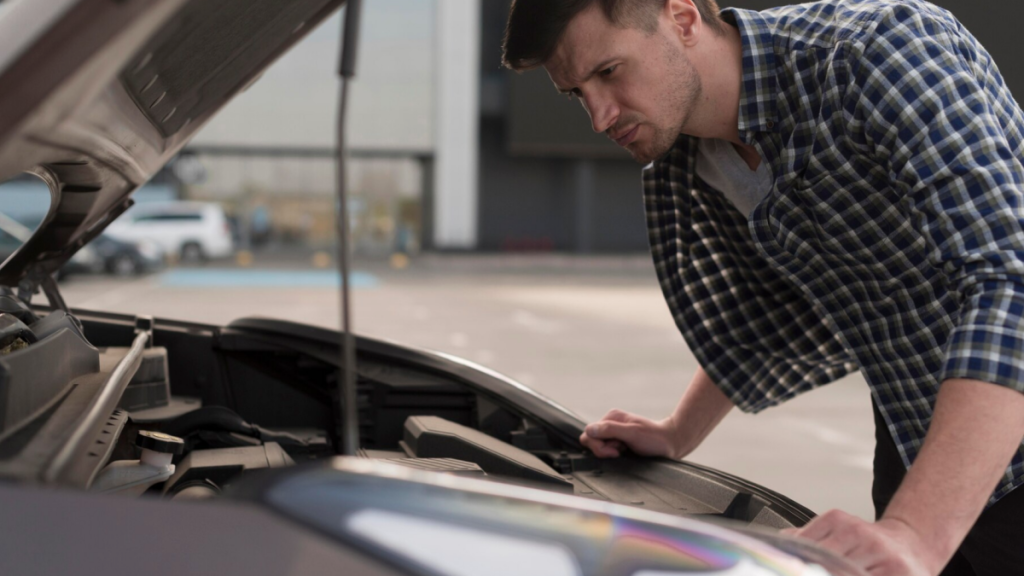Enhancing your car’s performance not only boosts its speed and agility but also makes your driving experience more enjoyable. Whether you’re an enthusiast looking to maximize your vehicle’s potential or simply aiming to maintain its condition for smoother operation, here are expert tips to take your vehicle to the next level.
Regular Maintenance
Foundational to any performance improvement, maintaining your car in top condition is essential. Regular maintenance checks, including oil changes with high-quality synthetic oil, timely air filter replacements, and keeping your tires properly inflated, ensure your engine runs smoothly, reducing wear and enhancing efficiency. Additionally, addressing any mechanical issues promptly prevents minor problems from escalating into major performance hindrances.
Performance Upgrades
To truly elevate your car’s capabilities, consider specific performance upgrades. High-performance air filters facilitate better air flow to the engine, enhancing combustion and power output. Similarly, performance exhaust systems improve exhaust flow, significantly boosting power and efficiency. Engine tuning, including the use of performance chips, can optimize engine settings for increased horsepower and torque, offering a noticeable improvement in vehicle response and agility.
Brake and Suspension Enhancements
Improvements to your car’s brake and suspension systems are crucial for handling and safety. High-performance brake pads and rotors offer improved stopping power and fade resistance, essential for high-speed driving. Suspension upgrades, including performance shocks and struts, not only enhance the driving experience by improving vehicle stability and cornering but also contribute to a smoother ride overall.
Aerodynamic Modifications
Aerodynamics play a significant role in vehicle performance, especially at high speeds. Aerodynamic modifications such as spoilers, body kits, and even underbody panels reduce drag and improve downforce, enhancing stability and efficiency. These changes can also give your vehicle a more aggressive, sporty appearance, reflecting the improvements made beneath the surface.
Weight Reduction
One of the most effective ways to improve acceleration and fuel efficiency is by reducing the vehicle’s weight. Removing non-essential items, opting for lightweight components in replacement parts, and considering materials like carbon fiber for body panels can significantly decrease weight, leading to better performance and agility.
Choosing the Right Tires
The right tires can transform your vehicle’s handling and traction. Performance-oriented tires designed for enhanced grip can dramatically improve driving dynamics, offering superior control and responsiveness. When selecting tires, consider your driving conditions and style to find a set that offers the best balance of performance, durability, and safety.
For more expert advice on tuning your car for optimal performance, visit Car tuning specialist.
FAQs
Is upgrading my car’s performance safe? When done correctly and legally, yes. It’s important to choose quality parts and professional installation to ensure safety and reliability.
How often should I service my car? Follow your vehicle’s maintenance schedule, typically found in the owner’s manual, to keep your car performing at its best.
What role does tire pressure play in car performance? Proper tire pressure is crucial for optimal handling, fuel efficiency, and tire longevity. It directly affects the vehicle’s grip and response to steering inputs.
Can all vehicles be upgraded? Most vehicles can be upgraded to some extent, but the specific upgrades available and their impact on performance will vary based on the vehicle’s make, model, and existing capabilities.

